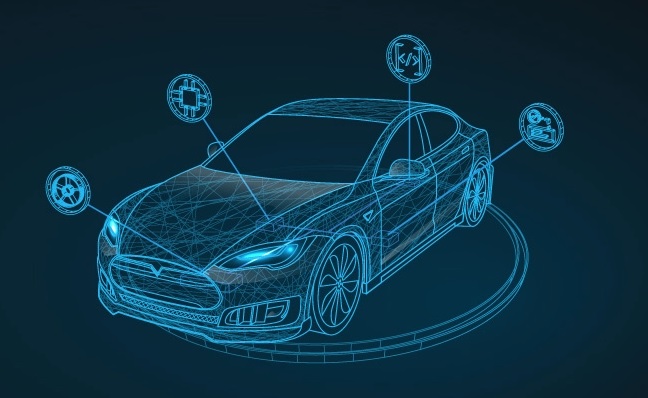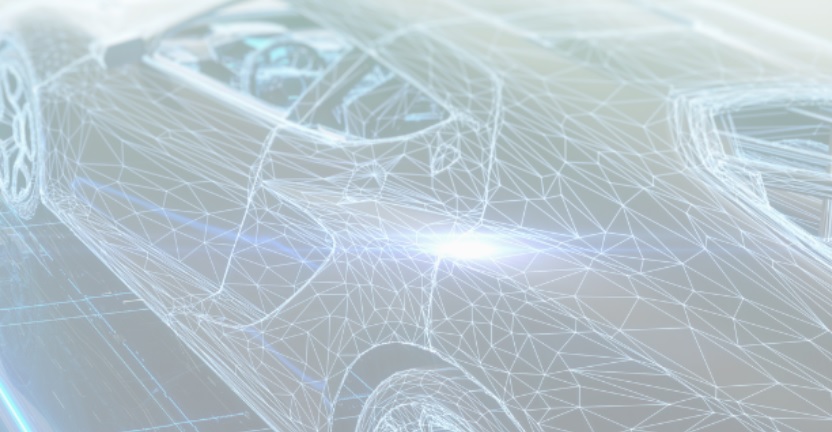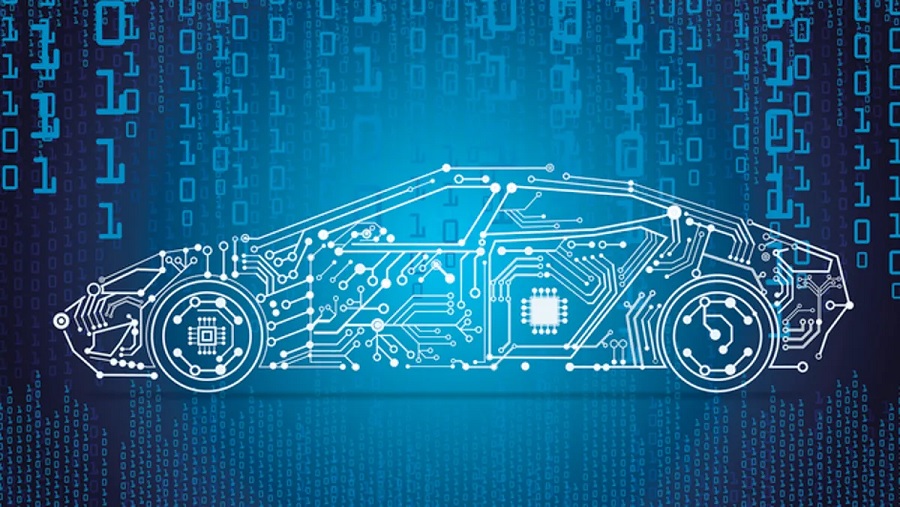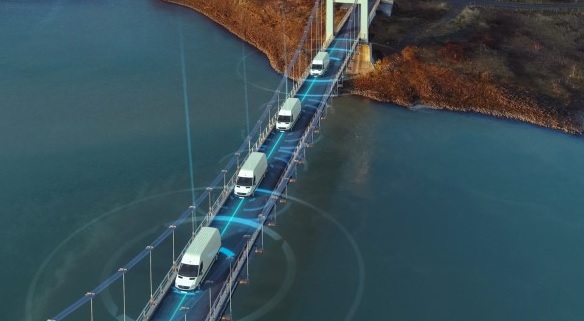The ITS Blog
With the growing prevalence of electric and autonomous/connected vehicles, software is even more central to automotive development. Increasing the extent of software in vehicles, however, leads to many safety considerations during the development process, according to a new survey conducted by Perforce Software ...
The Intelligent Transportation Systems (ITS) Joint Program Office (JPO) released a new video highlighting the current and future states of ITS solutions and technologies ...
On June 4, the Democrats in the US House Committee on Transportation and Infrastructure introduced Investing in a New Vision for the Environment and Surface Transportation in America (INVEST in America) Act, a $547 billion surface transportation reauthorization bill ...
Republican Transportation and Infrastructure Committee members introduced a long-term surface transportation reauthorization bill that includes funding for several ITS initiatives ...
Hands-free Level 2 ADAS systems will grow rapidly in popularity across all regions, and by 2039, all vehicles will feature at least this level of autonomy. Level 3 autonomous systems will be introduced in 2021 and by 2040 will make up the largest portion of revenues from autonomous vehicles ...
US motorists worry about possible cyber-attacks on their connected vehicles, and some even believe a hacker could confront them over their car audio systems or disable automotive safety features, according to a new survey by HSB ...
Despite a majority of fleet decision-makers facing reduced business levels in the wake of COVID-19, the effects of the pandemic have done little to slow the consideration and adoption of mobility technologies, according to Escalent's 2021 Fleet Technology Index ...
Caltrans introduced The California Transportation Plan (CTP) 2050, which details the state's long-range transportation vision and establishes a roadmap to improve mobility and accessibility in the state while reducing greenhouse gas (GHG) emissions related to transportation ...
Global automotive markets are currently at a crossroads, according to The Future Of Automotive Mobility, the third edition Global Automotive Mobility Study from Arthur D. Little, based on a global survey of over 8,500 end customers in 13 countries ...
Even with fully autonomous vehicles, human involvement will not disappear and individuals will still need auto insurance. For the foreseeable future, vehicles with some driver involvement will continue to face issues around liability for crashes. As increasingly distracting technologies are employed in partially automated vehicles, liability insurance may become even more important ...














